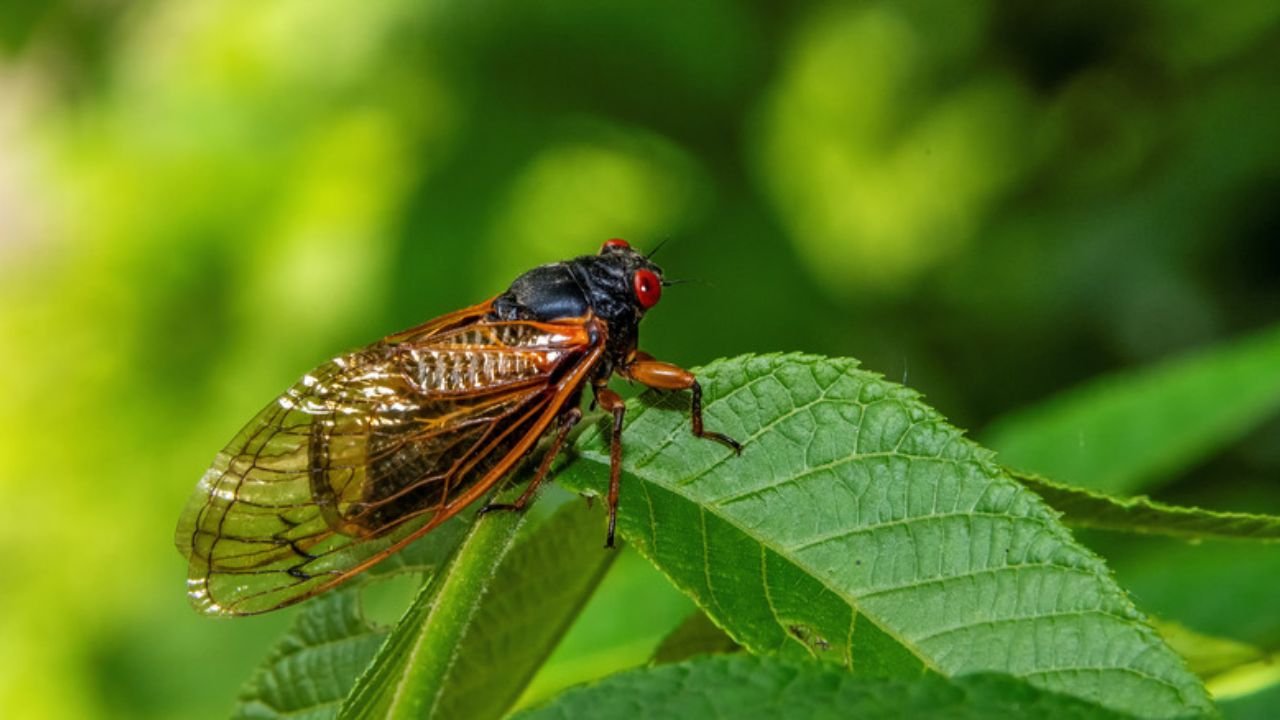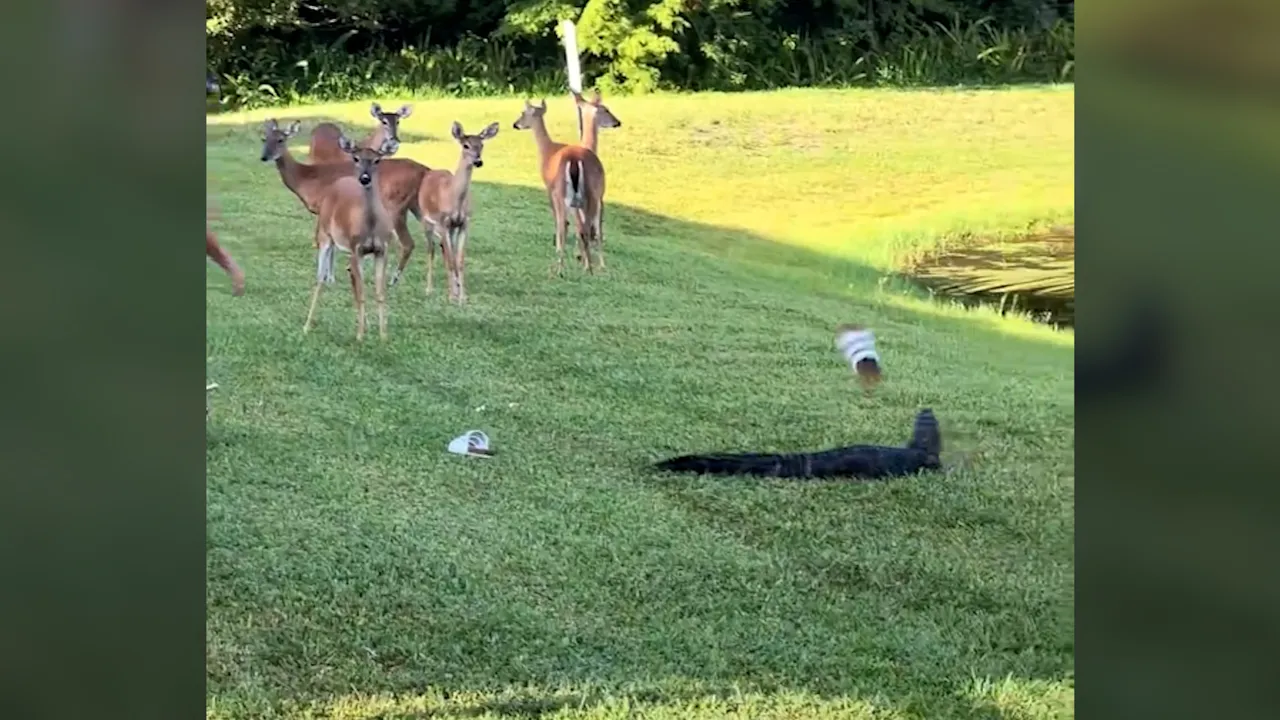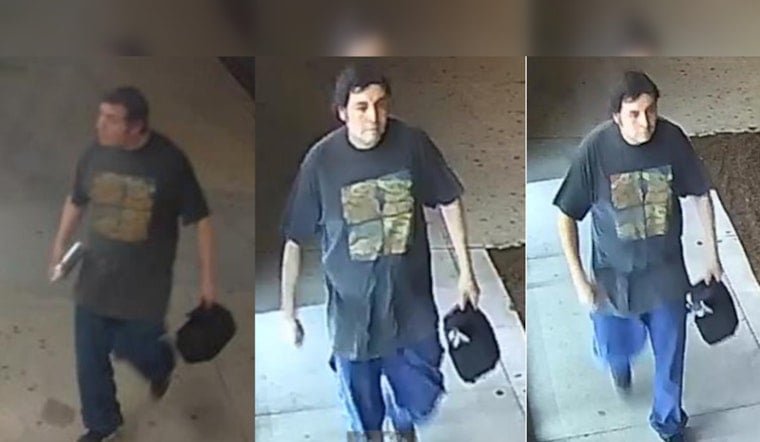CHICAGO — As Brood XIII cicadas reach the end of their short life cycle, neighborhoods across Chicago are now dealing with a new nuisance: the overwhelming stench of their decomposing bodies.
Residents in several areas have reported strong, unpleasant odors — a byproduct of tens of thousands of cicadas dying off at once after a brief appearance above ground. Experts say the smell is a natural, if pungent, part of the ecological cycle.
Why the Smell Is So Strong
According to Allen Lawrance, curator of entomology at the Peggy Notebaert Nature Museum, the odor comes from microbes breaking down the cicada carcasses. This process releases ammonia and volatile organic compounds (VOCs) — both of which can carry sharp, unpleasant smells.
“Ammonia has a strong odor, as do some VOCs containing nitrogen and phosphorus — which the bodies of periodical cicadas are rich in,” Lawrance explained.
In areas where large numbers of cicadas gathered — such as around older trees or park spaces — the smell is strongest due to the dense piles of decaying insects.
What You Can Do About It
Illinois State Entomologist Christopher Dietrich suggests letting the cicadas decompose naturally, as their bodies serve as an excellent fertilizer for soil. “Let them decompose on their own over weeks. They’ll recycle nutrients back into the soil,” he said in an earlier report.
Lawrance also recommends aerating soil around your property to reduce smell intensity. This helps promote aerobic decomposition, which is less foul-smelling than anaerobic processes that occur in oxygen-poor environments.
More Cicadas Coming Soon
Though this round of cicadas is on its way out, Chicago isn’t in the clear yet. Lawrance warned that two more types of annual cicadas — the dog-day and scissor-grinder cicadas — are expected to emerge in early July. Some have already been spotted in parts of the city.
While this summer’s Brood XIII didn’t create massive swarms in downtown neighborhoods, outer areas and older tree-lined suburbs saw larger gatherings. “There’ll be more in the suburbs, fewer toward urban centers,” Lawrance noted.
What to Do With Cicada Debris
If you covered trees to protect them during the peak of the cicada wave, experts say it’s safe to remove the nets. And if you spot dead leaves in your trees, those are likely where cicadas laid their eggs. Don’t remove them — the nymphs will burrow into the ground soon and remain there for another 13 years.
Help Scientists Track Cicadas
Chicagoans are also encouraged to photograph cicadas — dead or alive — and upload sightings to iNaturalist or Cicada Safari. This helps researchers document species distributions and behaviors across the region.
Are cicada corpses piling up in your neighborhood? Have you taken any creative steps to reduce the smell? Share your experience with us at ChicagoSuburbanFamily.com!











